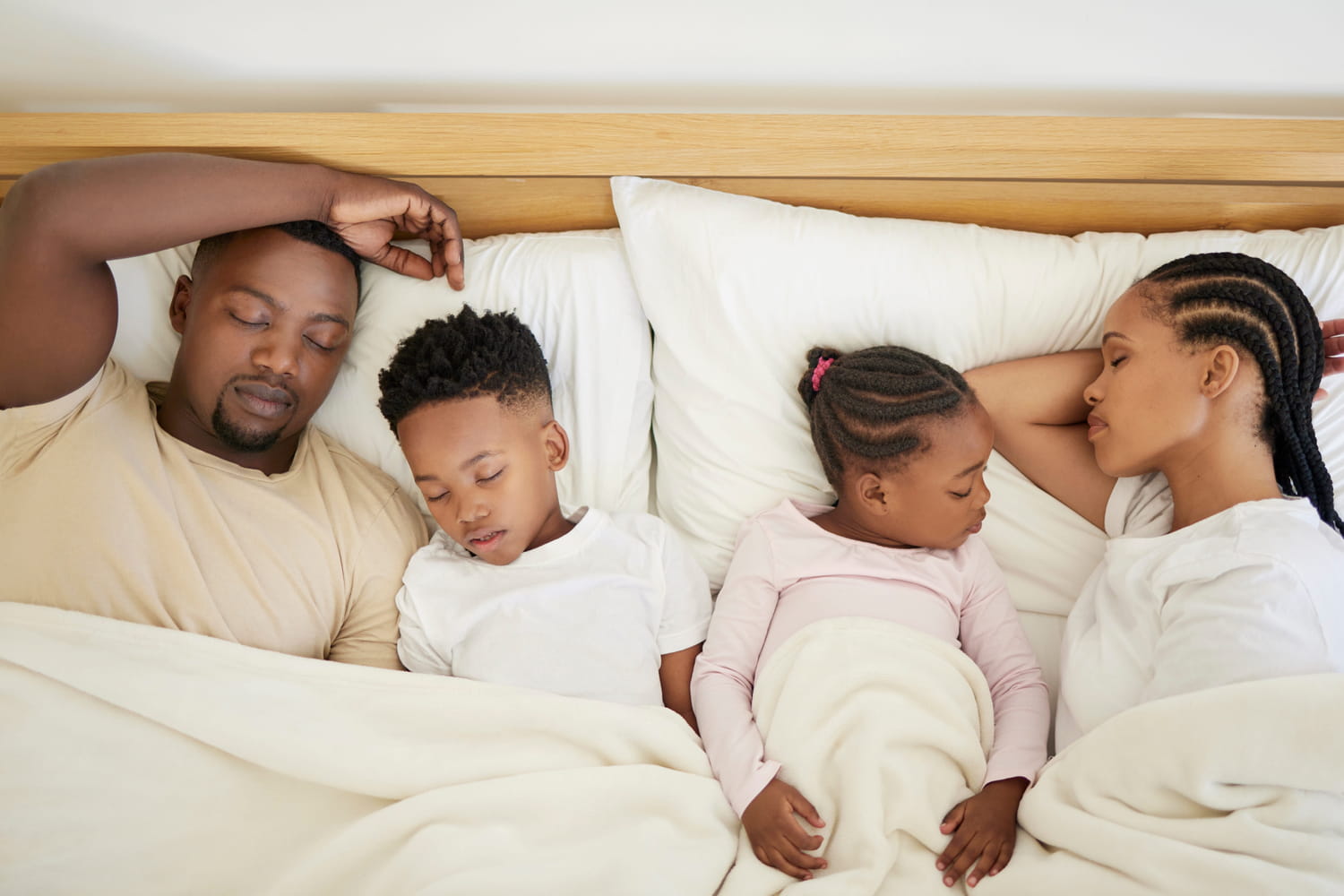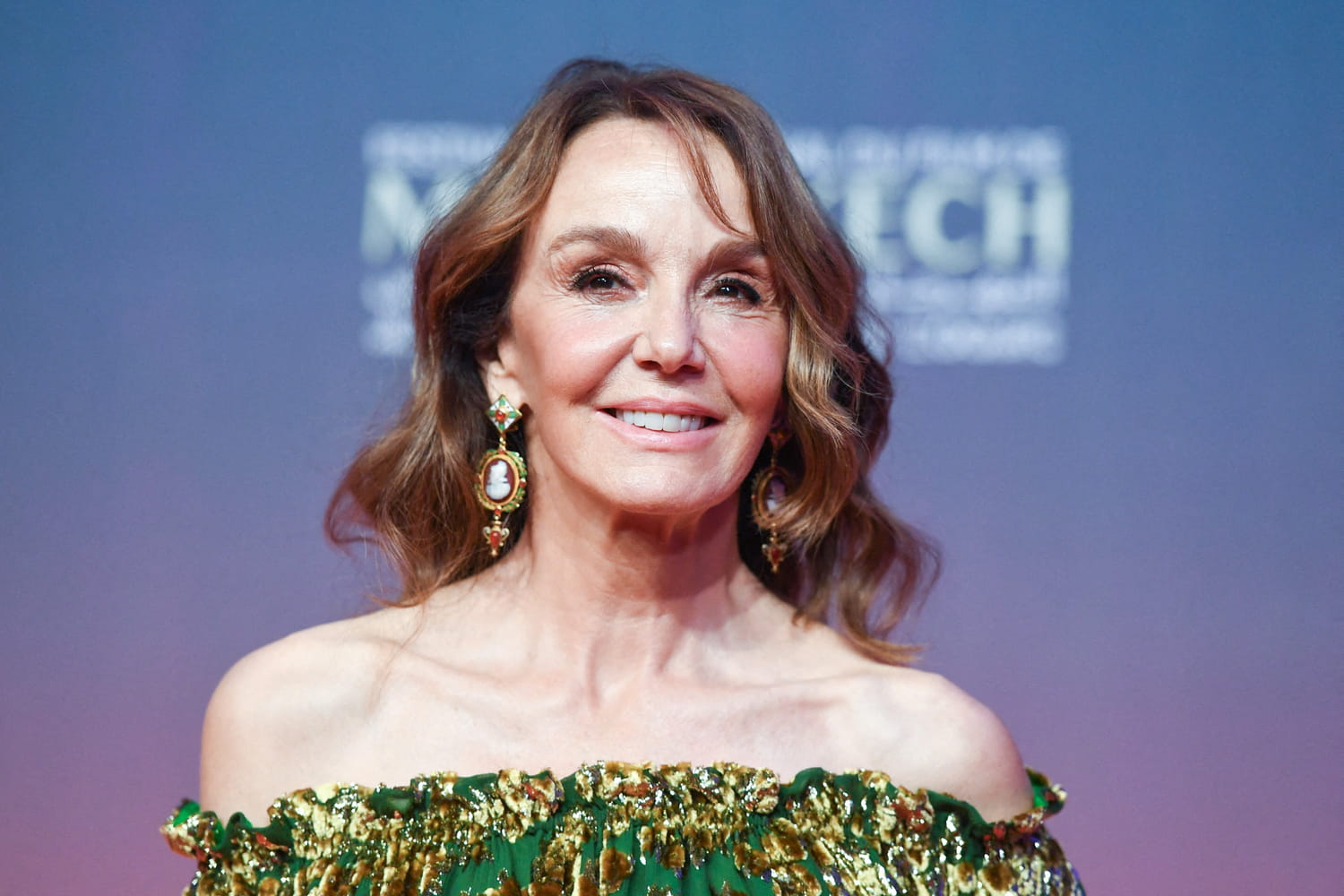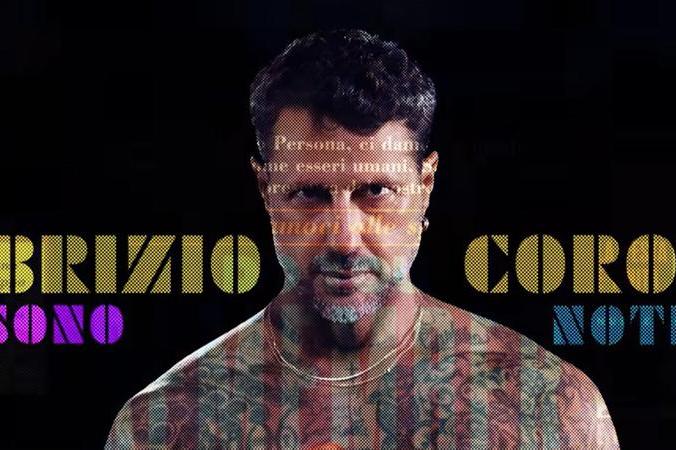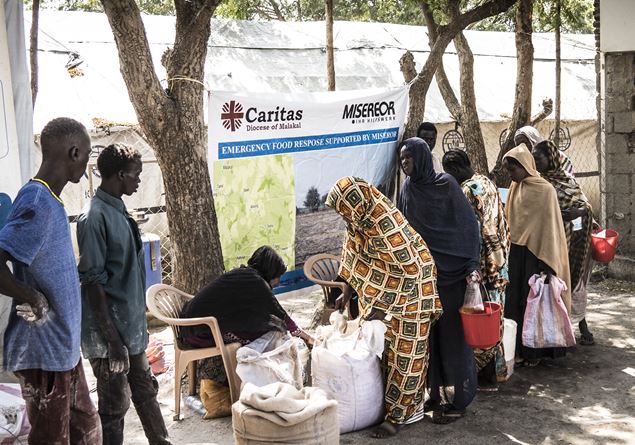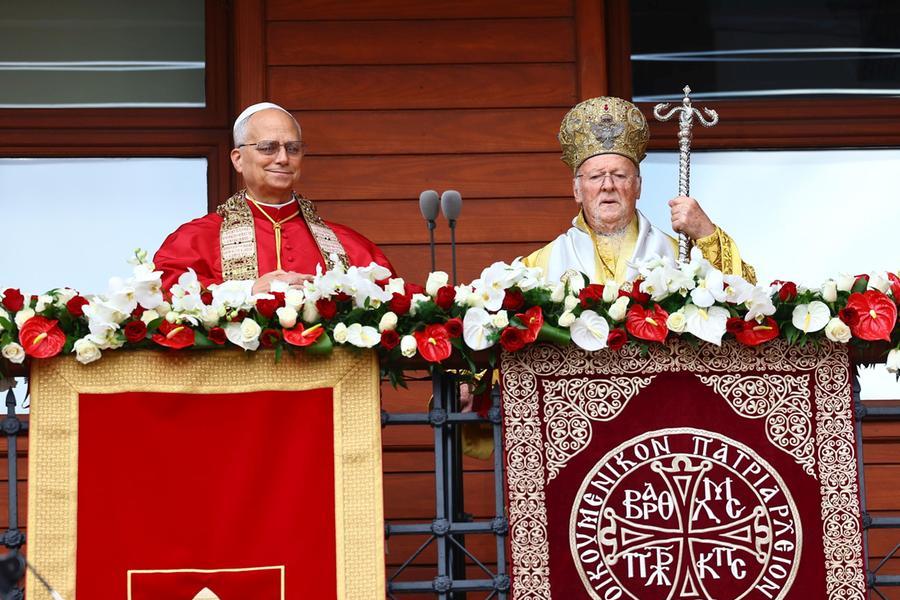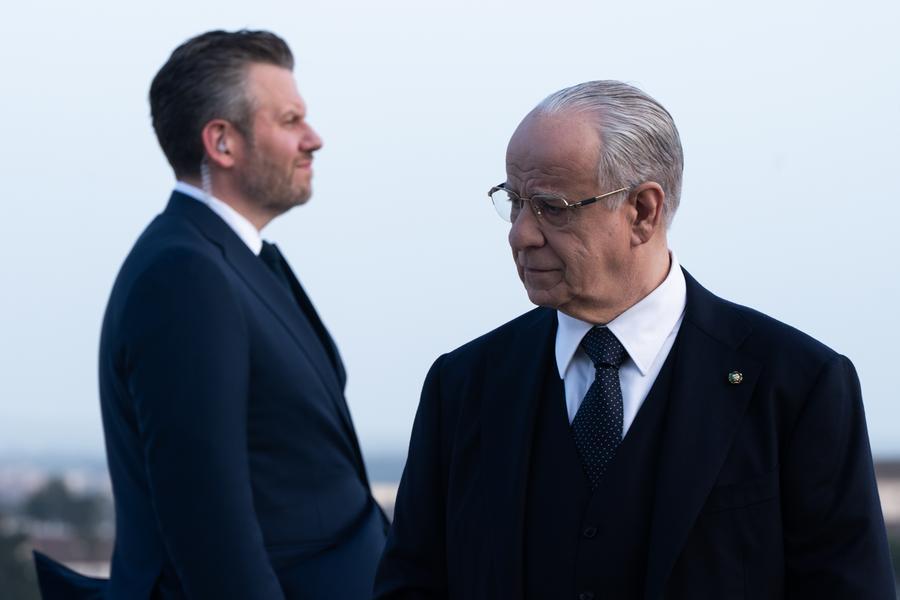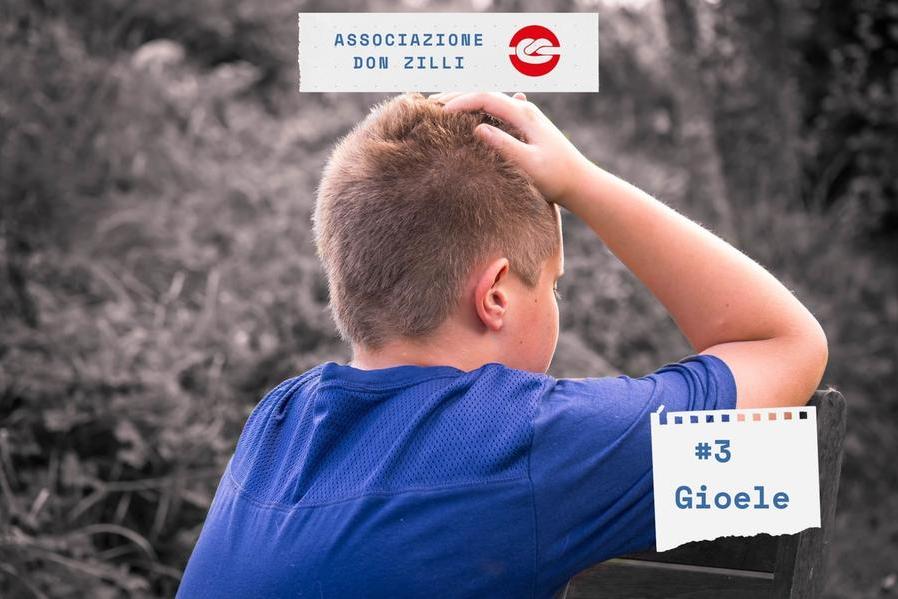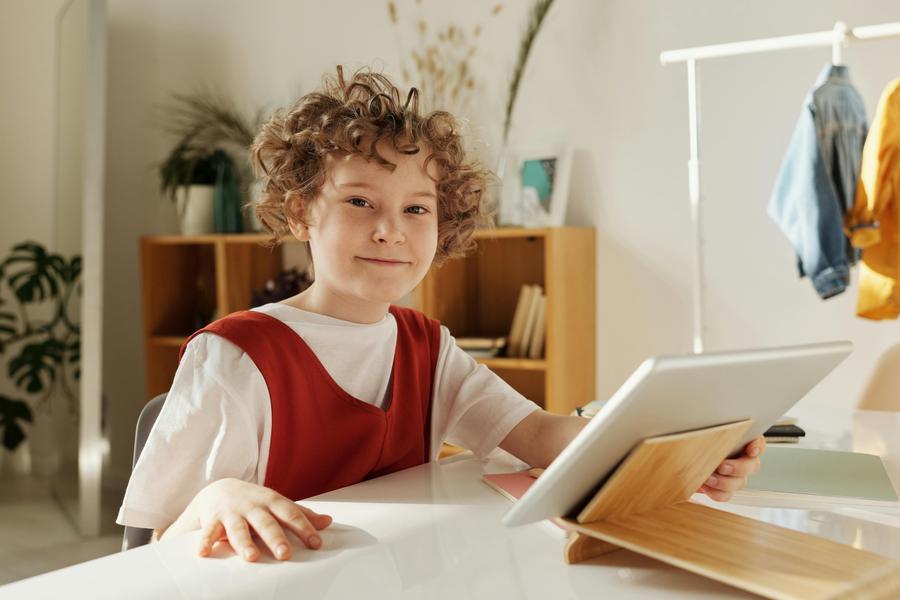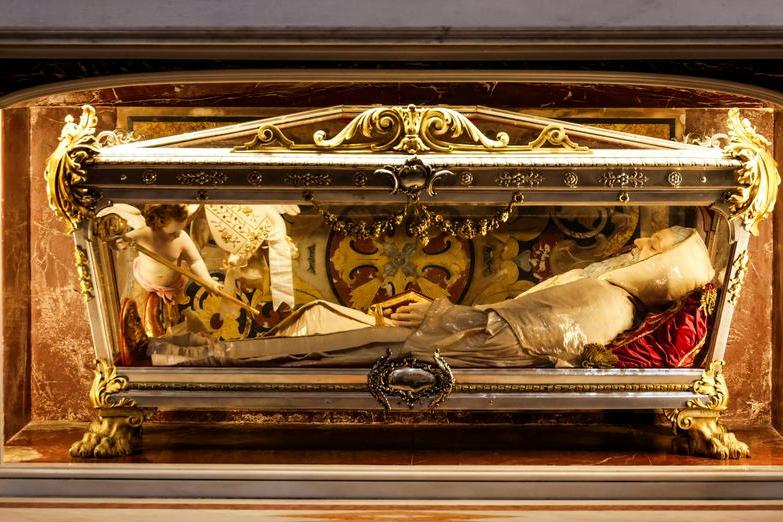The Nile River flows slowly past the Malakal mission, bringing with it mud, debris and stories of survival. Here Sister Elena Balatti, a Comboni missionary originally from Valtellina and director of the local Caritas, has lived for years alongside populations affected by war and hunger. Today it welcomes those fleeing the conflict that broke out in Sudan in 2023, a crisis that has made South Sudan – the youngest country in the world – a new refuge for those fleeing violence, famine and drought.
“Many of those who arrive here were born refugees,” he says. «They fled Sudan before the independence of South Sudan, and now, after years, they are forced to flee again, but in the opposite direction». Among them is John, a middle-aged man who as a boy had found safety across the border, during the years of the civil war. Today he traveled the opposite route, with his children on his shoulders, to find himself a refugee in his own land of origin. «He says he didn’t imagine having to start from scratch twice in his life», explains Sister Elena, «but he hasn’t lost his faith. He told me: “At least here I know that we are not alone”».
Since the weapons started talking again in Sudan, over 700 thousand people crossed the southern border. Women, children, elderly people: many arrive on foot after weeks of walking, under the sun, without water or food. «When we see them arriving – says the nun – we cannot wait for the institutions to move. We organize tents, drinking water, hot meals. And we do it together with the local population, who shares the little they have. It is the solidarity of the poor, the most concrete I know.”
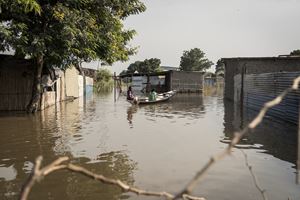
Caritas of Malakal coordinates immense work: reception, distribution of food, health care, construction of temporary shelters. With Sister Elena there are four Comboni sisters and dozens of local operators. «Sometimes a makeshift boat is enough to save an isolated family from a flood. Or a bicycle to take a patient to the dispensary,” he says. It is a work made of small but continuous gestures, of pragmatism and collaboration, of a solidarity that is not born from abundance, but from sharing.
But war is not the only threat. South Sudan is one of the most vulnerable areas on the planet to the effects of climate change. «The rainy season has become unpredictable: flash floods arrive that submerge villages, and then months of drought that make every field sterile. It’s a war within a war». Caritas and missionaries work to distribute resistant seeds, irrigation pumps, boats for transport. «We try not to limit ourselves to the emergency. If a family manages to grow even just a few vegetables, they start to hope again. It’s not just a question of food, but of dignity.”
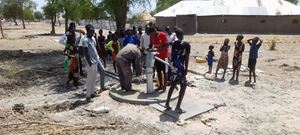
There is no shortage of difficulties: limited funds, impassable roads, irregular flights. «Every journey is a gamble. But we don’t feel alone: people participate, local young people offer themselves as volunteers, Muslim communities collaborate without hesitation. Suffering unites more than religious differences.” For Sister Elena, staying is a form of peaceful resistance. «We cannot stop the war, but we can give a human face to hope. When a mother manages to save her children and finds a dry place to sleep, it is already a victory».
In the evening, when darkness falls and the noise of the boats mixes with the singing of the children, Sister Elena finds time to pray. “There isn’t a day without a wound, but not even without a good gesture,” he says. «I see young people sharing water, women looking after other women’s children, men building wooden bridges to cross a canal. It is in these gestures that I recognize the presence of God.” For her and her sisters, the mission is not just assistance: it is presence, listening, accompaniment. «Staying here, among them, is our way of saying that life is always worth it. Even when everything seems lost.”
